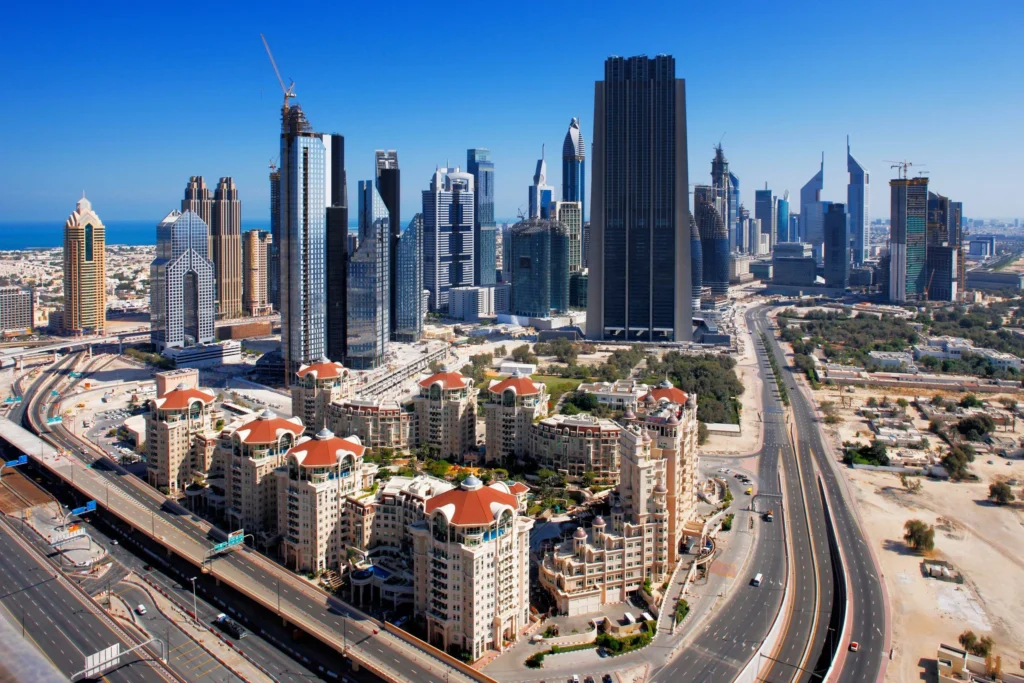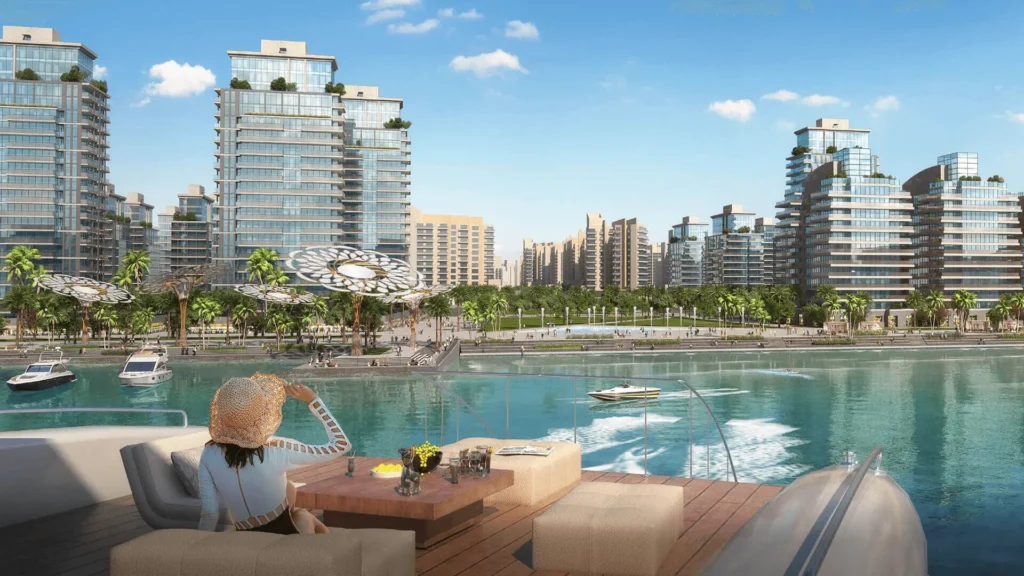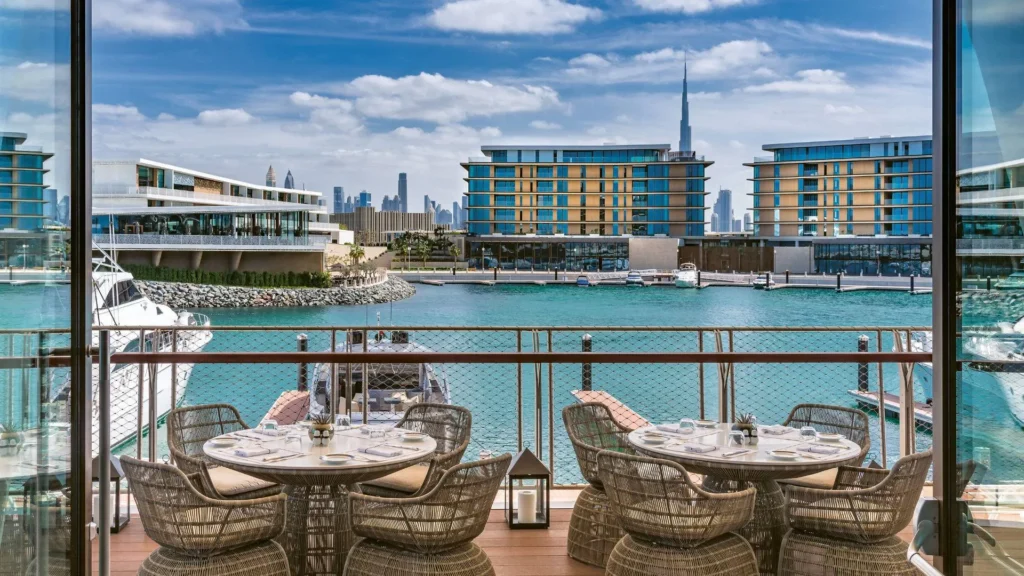Spend some time exploring different areas. Consider your commute, lifestyle, nearby schools or services, and overall atmosphere. Visiting during different times of the day can also help you get a feel for the neighborhood.
Yes, short stay options like serviced apartments or holiday homes are available for visitors and non-residents. However, for annual rental agreements, a valid residency visa is required.
Both options are available. Agents often have access to more listings and can handle the paperwork, but you will need to pay a fee. Renting directly may save you money, but it requires more personal effort and research.
In most cases, rent covers the use of the property only. Utilities like water, electricity, internet, and air conditioning are usually paid separately unless it’s a short-term rental where bills may be included.
Ejari is the official registration of your rental contract with the Dubai Land Department. It protects both tenant and landlord rights and is often required to set up utilities or sponsor dependents.
Some buildings and communities in Dubai require a move-in permit, especially gated communities or high-rise towers. This helps manage security and ensure there are no conflicts during the move. Check with your landlord or building management beforehand.



